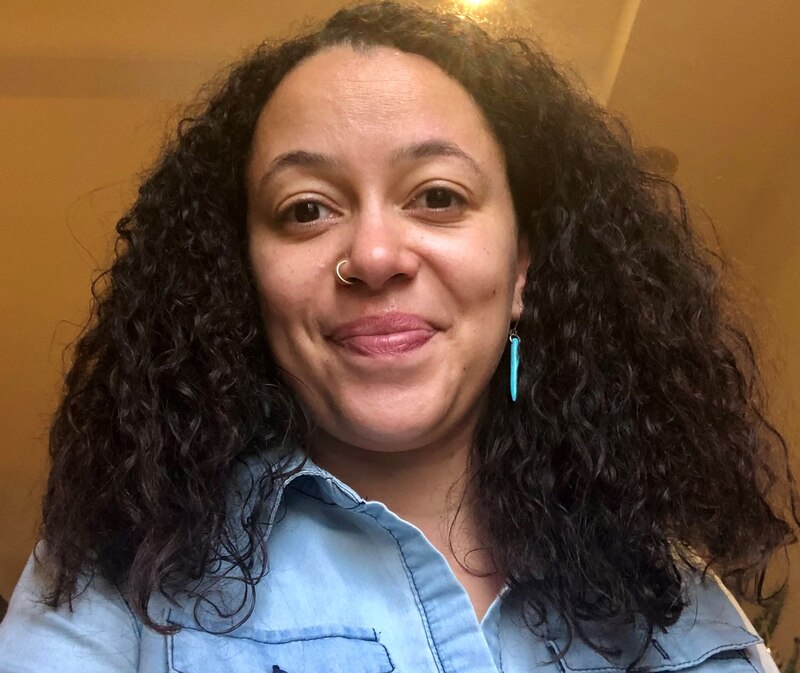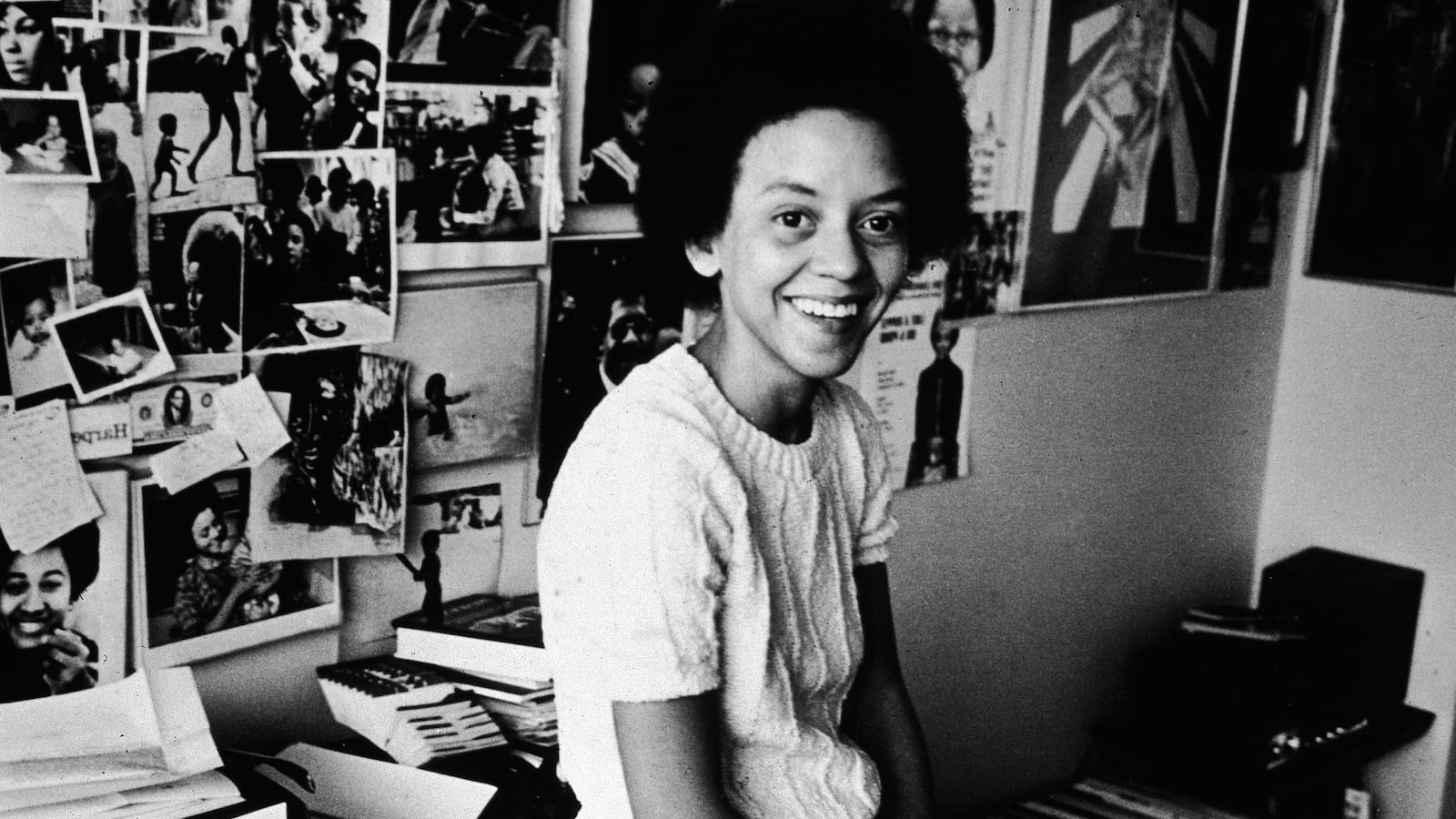“I am a space freak …” the writer Nikki Giovanni, who died this week at age 81, told the New York Times in 2021. “I got to sleep on the side of the bed facing the outside wall, so there was a window, and I would look out at the stars. I thought if I ran into a Martian and the Martian said, ‘Who are you?’ what would my answer be? The only answer could be ‘I am an Earthling.’ I realized — and have continued to realize — that it would be illogical if I were to tell the Martian I’m a Black woman. That’s because a Martian doesn’t know what Black is, and they don’t know what a woman is. So we know that race is illogical.”
When I am feeling pessimistic about Black history education, I dream of Mars because of Nikki Giovanni. I started dreaming of this Afrofuture decades ago, as I looked out my own bedroom window, silently coping with the racism that I experienced at my suburban high school.

I never had a Black teacher in school. My Dad was my first Black teacher. Nikki Giovanni was my second. Her poetry opened doors for me emotionally and academically in ways I did not find in the classroom. Put simply, she ignited my Black freedom dreaming.
She was a Black teacher for me throughout all chapters of my life. I received my first poetry collection from my father, “The Selected Poems of Nikki Giovanni,” when I was in high school. It includes the poem “My House,” which, for me, is the definition of Black joy. This collection also contains “A Poem of Friendship,” which I frequently gifted to others for high school graduation. A few years ago I passed along my copy of the book, the one that my dad gave me, to a socially justice-minded senior at her graduation.
As much as I craved it, I did not read any Black literature in school until I was a high school senior. Giovanni’s writing was my own traveler’s guide to understanding and responding to anti-Blackness. I looked up the references in her poems and began to teach myself the Black history I was not learning in school.
Giovanni traveled with me to the next chapter of my life, the University of Virginia. Because Professor Giovanni taught at our rival school, Virginia Tech, I had the opportunity to meet her, to hear her recite her poetry, and to sign my books. I can vividly remember how she made me laugh and how she connected me to a greater cause. She called me to public service.
I saw her again when I was visiting my sister in Boston. This time I was captivated by the story behind her poem “Quilting the Black-Eyed Pea.” The title Afrofuturistic poem is one she created to recite at NASA. The poem is a metaphor for the legacy of the slave trade. Giovanni beautifully suggests that, if we were ever to journey to Mars and navigate Martian politics, we could rely on the experiences and histories of the Black community to guide us on such a journey.
While teaching about the development of the modern world system — what most teachers refer to as the Atlantic Slave Trade — I use this poem at the end of the unit to pause, to celebrate Black joy despite trauma, and to reflect on the possibilities in Black future and leadership.
Giovanni also provided me with comfort during my most recent transition. I left my job as a West Philly high school teacher of Black history to become a Ph.D. student, Schomburg Fellow, and graduate assistant. I did so for many reasons, and despite knowing it was the best move for my mental health and professional goals, I was not prepared for the grief I faced and continue to face when I think about my classroom, my Black students, and the joy of teaching. Giovanni’s most recent collection, “A Good Cry,” provided consolation. Reading it helped me process some of my emotions, anxiety, and fear.
I hope my current work will lead me to write more about the racial stress of teaching Black history. Kids are often told, “It’s OK to cry,” but for the Black community, this mantra could not be more complicated.
Giovanni reflected, “Like a lot of people in my generation, I wouldn’t cry. We had so much work to do, we had friends who died, we had friends who were hurt. I am a friend of John Lewis, John was beaten, you couldn’t stand there and cry, you had to see what you could do to help.” And like Giovanni, sometimes we have to re-learn how to show emotion because of the anti-Blackness we experience.
Nikki Giovanni, thank you for teaching me throughout my life. Thank you for encouraging me to have a good cry. I can’t wait to see what you get ready for all of us on Mars.
Abigail Henry is a Schomburg Fellow and doctoral student at the University at Buffalo. Prior to moving to Buffalo, Abigail taught ninth grade African American History at a charter school in West Philadelphia for 12 years. As a graduate fellow, she works at the university’s Center for K–12 Black History and Racial Literacy Education as an instructor for the Teaching Black History Micro-Credential program.



